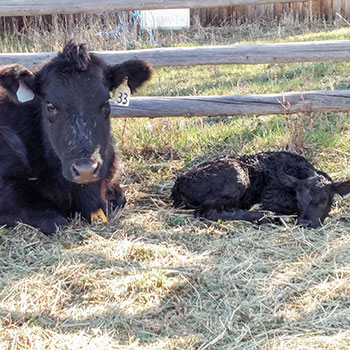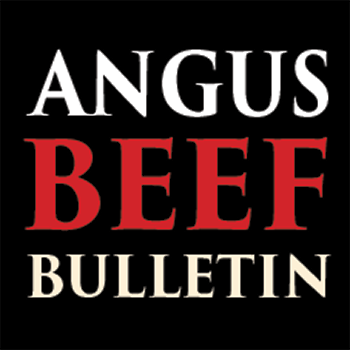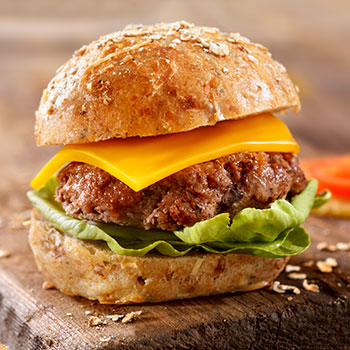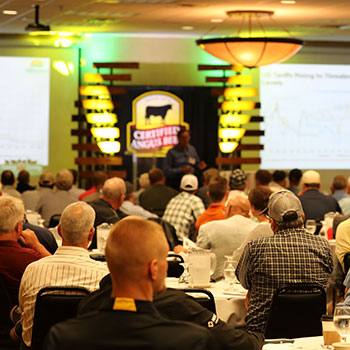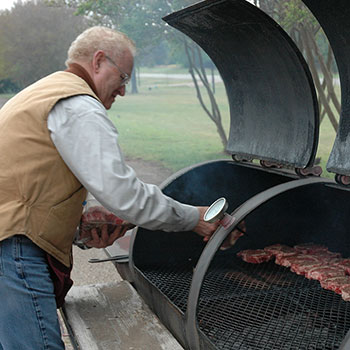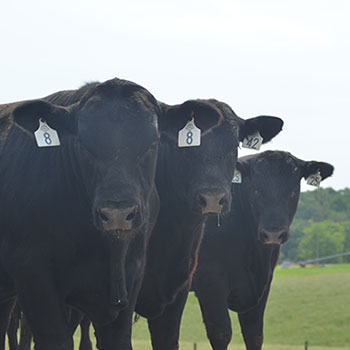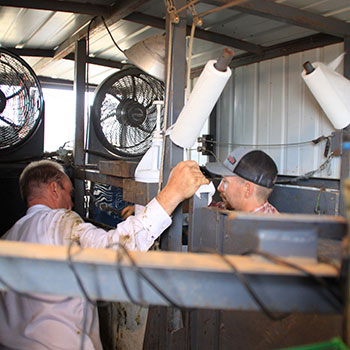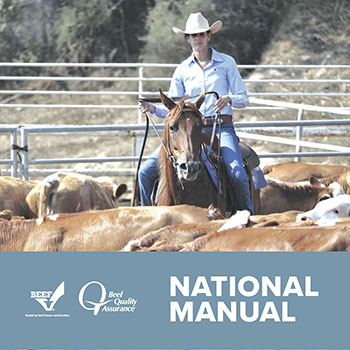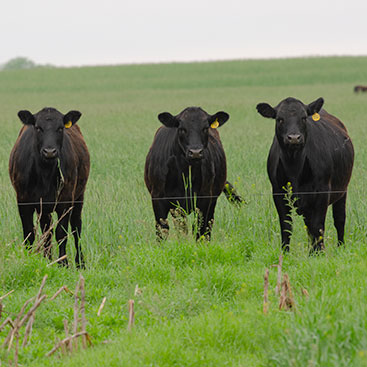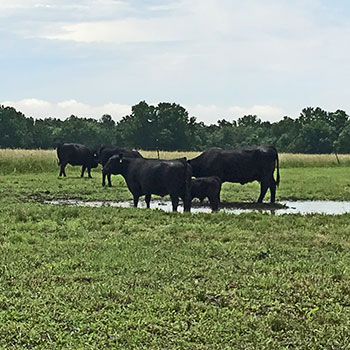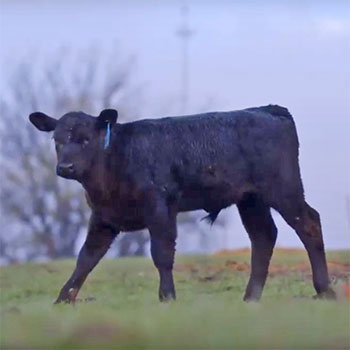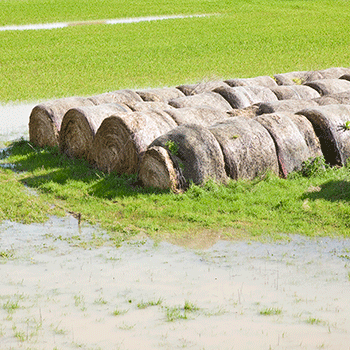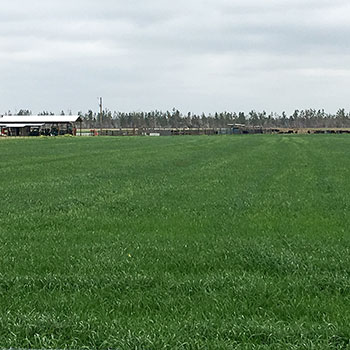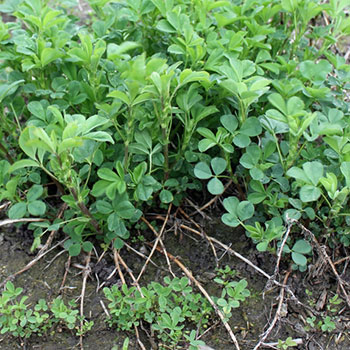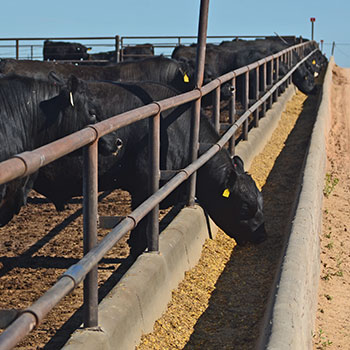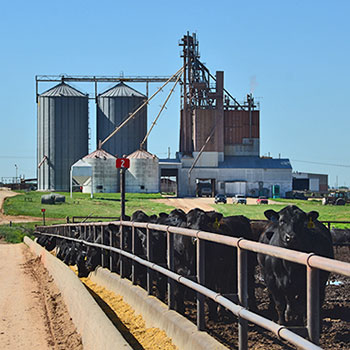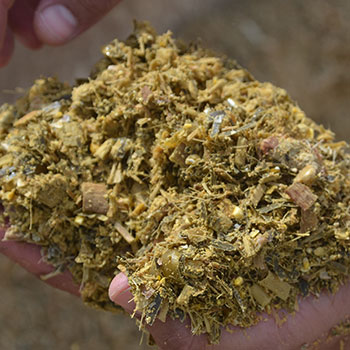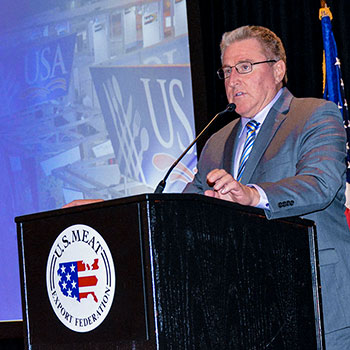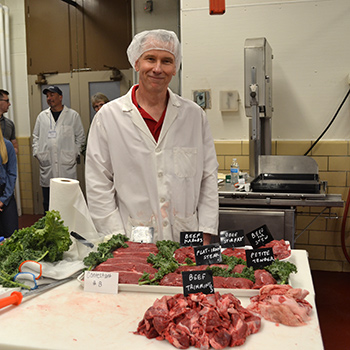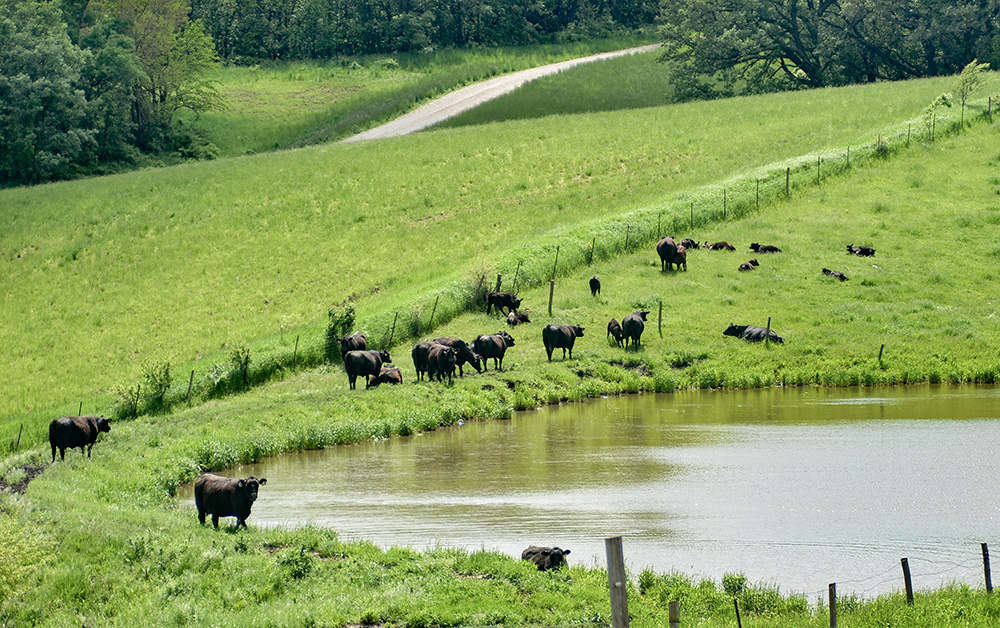
Heat Stress Affects Cattle Health
Heat affects trace minerals and rumination pattern of cattle. Veterinarian discusses new mitigation methods.

Heat stress and subsequent loss of production from lower weight gain, increased health issues and death loss costs cattle producers millions of dollars each summer. The annual loss in beef cattle production has been estimated at $369 million per year.
Stephen Blezinger, cattle nutritionist in Sulphur Springs, Texas, says cattle need adequate shade and plenty of water when it’s hot.
“If you compromise on these two things, you lose some performance simply because cattle are not going to eat as much when they are hot and miserable,” he explains.
“Salt is also important in hot weather (because some is lost through sweating). Salt content of most mineral supplements is generally adequate. Another thing that seems to help cattle in the heat is feeding a yeast culture. Some data suggest that it modifies the rumination pattern, improving fiber digestion and overall digestive efficiency,” he adds.
Cattle may not produce as much heat in the digestion process during hot periods. The normal heat production from fermentation and digestion is useful in winter for body heat, but it is detrimental in summer because it produces more heat that the body must get rid of.
“Another thing some producers are doing, though it needs more research, is using enzyme products. These are based on a microbial culture such as Aspergillus oryzae (fungi), Bacillus subtilis (bacteria) or Saccharomyces cerevisiae (yeast). Products that have enzyme activity also facilitate better fiber digestion. We need cattle to have the ability to digest fiber very efficiently in summer and not produce as much heat,” he says.
It’s also important to make sure cattle have proper levels and sources of trace minerals in their mineral supplement.
Blezinger shares some interesting data showing that when beef animals are under stress, they excrete more zinc and copper that must be replenished. Trace minerals are important to a strong immune system and good health in general.
Beef cattle don’t have the advantage of an air-conditioned building for shelter from heat and humidity, so they are under a lot of stress during hot weather.
Research shows that when temperature rises above 70°, signs of heat stress in cattle start showing, especially if humidity is also high — which makes it harder for the body to dissipate extra heat, he says.
“In our part of the country (South and southeastern United States) it’s common to have humidity levels at 65% or higher and this is tough on cattle. Even though cattle aren’t in direct sunlight at night, the temperature and humidity may still be high. They can’t get rid of heat, and it becomes cumulative. I’ve seen extremes when the temperature stays in the 100s for days. A few years ago some of the Gulf Coast regions had 30 to 45 days straight when it was more than 100°. When you add the humidity levels that we have in this part of the world, this is miserable for humans and animals,” says Blezinger.
When we look at heat stress, he says, there are some additional issues. If cattle are bunching up in shady areas, and if the rancher hasn’t controlled horn flies, these pests just make it that much worse. There are often multiple stresses compounding, with adverse effects on cattle health, growth and reproduction.
Editor’s note: Heather Smith Thomas is a cattlewoman and freelance writer from Salmon, Idaho. Photo by Kasey Brown.
